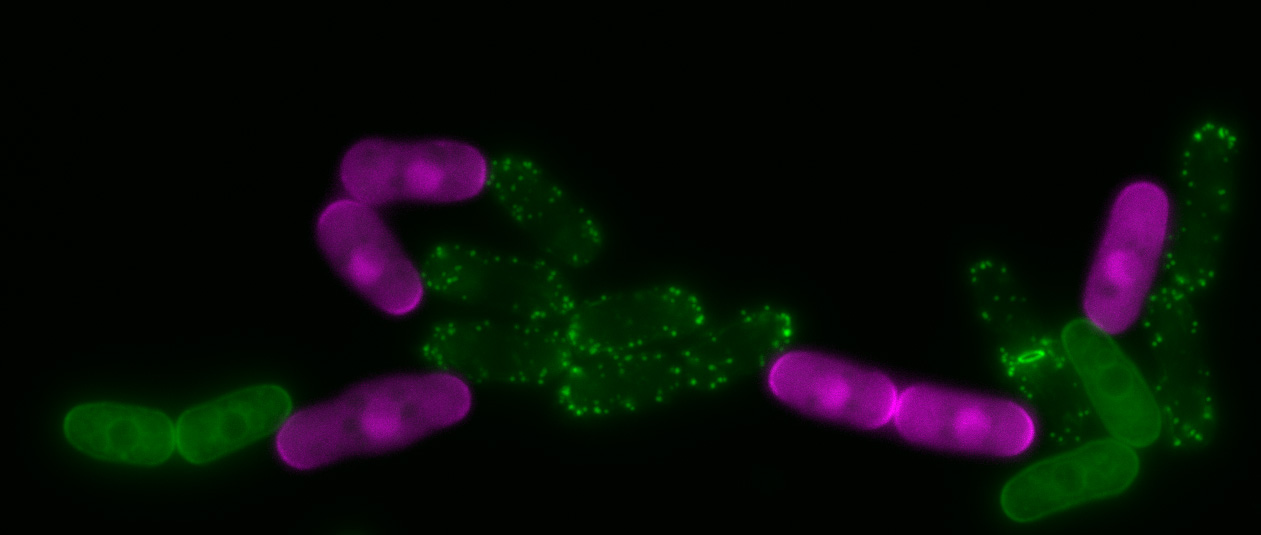Four UPF professors, distinguished in the ICREA Academy 2021 program
Elena Hidalgo and Olga Valverde (Department of Medicine and Life Sciences), Gemma Piella (DTIC), and Albert Esteve (Department of Political and Social Sciences) are to receive grants for the next five years to intensify their research at the University.

The ICREA Acadèmia 2021 programme has distinguished three female and one male researcher in a call that has selected some thirty experts from different fields of knowledge within the Catalan university system. The grants are endowed with 40,000 euros per year over five years so that the awardees can intensify their research in an active and expansive phase of their career.
Those selected include four members of Pompeu Fabra University: Olga Valverde and Elena Hidalgo, full professors at the Department of Medicine and Life Sciences (MELIS); Gemma Piella, full professor at the Department of Information and Communication Technologies (DTIC), and Albert Esteve, Serra Húnter professor at the Department of Political and Social Sciences (DCPIS).
For Elena Hidalgo, this is the third time she has received this distinction (previously in 2010 and 2015) while for Olga Valverde, Gemma Piella and Albert Esteve it is the first.
These grants, now in their thirteenth year, are an initiative that helps to retain Catalonia’s research talent. Granted by the Catalan Institution for Research and Advanced Studies (ICREA), they distinguish the research career of teaching staff carrying out their activity at a Catalan public university.
They are intended solely for university teaching staff who teach and are in a fully active phase of expanding their research activities. Since its creation, the ICREA Acadèmia programme has awarded grants to more than 300 researchers from the Catalan university system.
Brief summary of the research carried out by the four UPF grant winners
Olga Valverde Granados is a full professor of Psychobiology at the Department of Medicine and Life Sciences (MELIS), of which she is the head of the Behavioural Neurobiology Research Group (GRENEC). She focuses her research on the study of the neurobiological substrate of psychiatric disorders that occur with impairment in reward and motivation circuits, including cocaine addiction, foetal alcohol spectrum disorder, and major depression. Her research represents a remarkable advance in the neurobiological substrate of reward, and in the pathological consequences due to the alteration of motivated behaviours.
Elena Hidalgo Hernando is a full professor of Biochemistry and Cell Biology at the Department of Medicine and Life Sciences (MELIS), where she coordinates the Oxidative Stress and Cell Cycle Research Group. In this context, she studies toxicity associated with reactive oxygen species (ROS), specifically oxidation and protein aggregation, describing the signalling processes controlled by oxidants. She develops genetically encoded reporters to monitor intracellular oxidant levels, to determine the spatial and temporal thresholds of hydrogen peroxide governing physiological, signalling, and toxicity events, as well as to describe peroxide gradients between mitochondria and cytosol.
Gemma Piella Fenoy is a full professor at the Department of Information and Communication Technologies, where she co-directs the Simulation, Imaging and Modelling for Biomedical Systems Research Group (SIMBIOsys), and is principal investigator of BCN Medtech. Her research experience lies in signal/image processing, information integration and machine learning, principally applied to computational anatomy. In recent years, she has made progress in the development of interpretable machine learning methods for detecting patterns in medical data and relating them to disease evolution and outcome.
Albert Esteve Palós is a Serra Húnter professor of Demography at the UPF Department of Political and Social Sciences and director of the Centre for Demographic Studies (CED). In recent years, his research has focused on two main areas: transnational perspectives on family and domestic demographics, and the harmonization of international census and survey microdata for social and demographic research. Of particular note is his transnational research on the dynamics of marriage markets, the implications of the reversal of the gender gap in education for selective pairing, increased cohabitation, and other family forms in the Americas, or relationships between education and age in the formation of the union, among other subjects.
